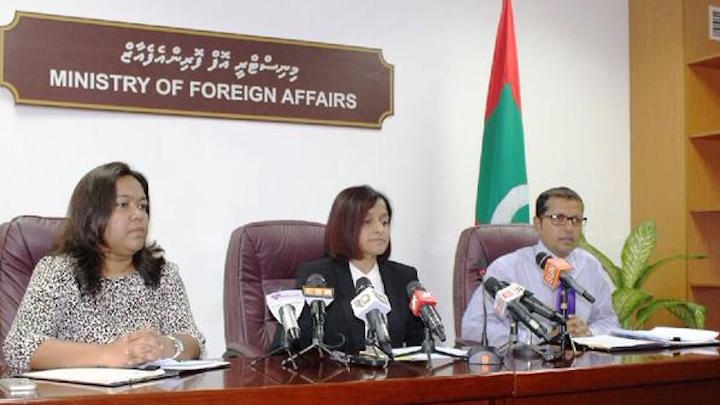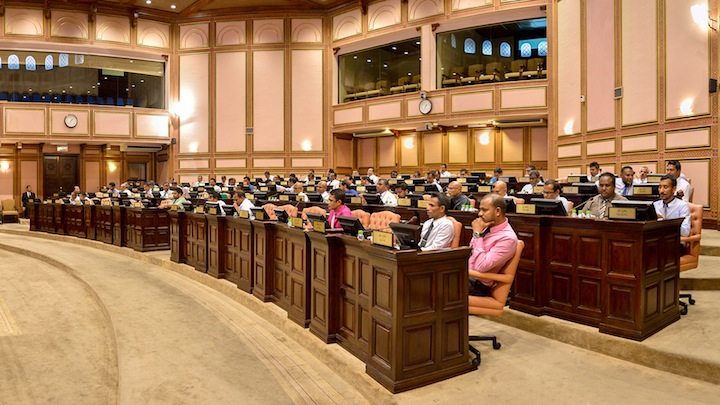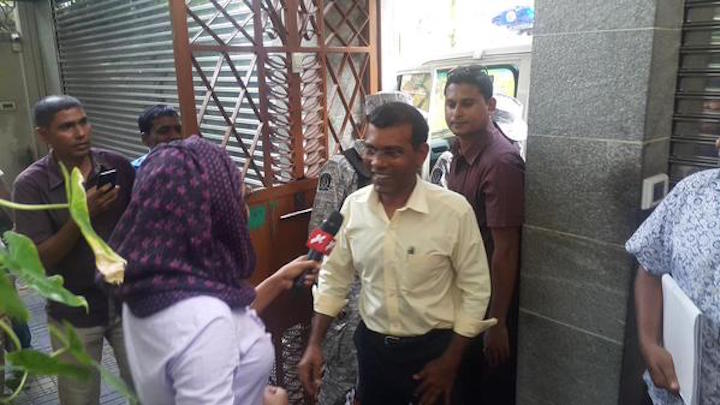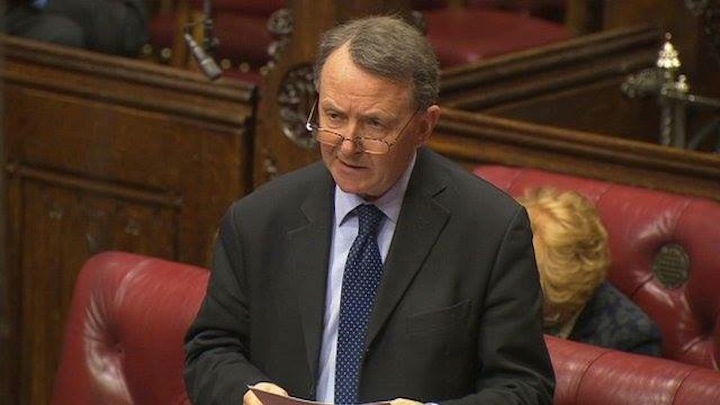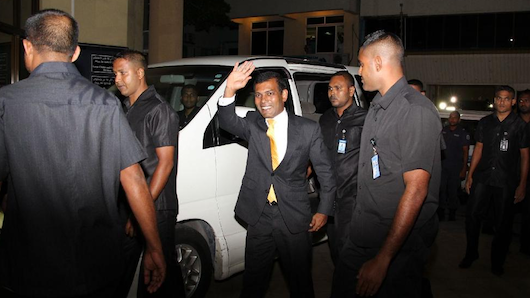The government has assured its commitment to “constructive engagement” with international partners and “structured political dialogue” with opposition parties in a conciliatory shift in policy.
The foreign ministry noted in a statement yesterday that imprisoned former President Mohamed Nasheed has been transferred to house arrest for eight weeks and pledged to keep the international community informed of the opposition leaders’ condition under a “broader commitment to strengthening transparency and dialogue.”
“This commitment to dialogue and cooperation with the international community is reflected in the government’s desire to foster strong and constructive relations with the opposition political parties in the Maldives,” the foreign ministry said.
“As with the development of reforms, the government recognises that the promotion of open and inclusive dialogue of this kind will take time. The government will continue to engage constructively with its international partners, and in particular with the Office of the UN Secretary General, European Union and the Commonwealth.”
The government had initially reacted to international criticism of Nasheed’s prosecution by dismissing statements expressing concern with the terrorism trial as “biased” and alleging undue interference in domestic affairs.
“The government of President Abdulla Yameen Abdul Gayoom will not take instructions from a foreign government on any issue in governing the country,” foreign minister Dunya Maumoon had declared in February, urging foreign countries and international organisations to “refrain from acts and signals that could undermine the sovereignty of independent states.”
In April, President Abdulla Yameen urged the armed forces to defend his administration claiming international pressure is undermining the Maldives’ sovereignty and weakening the rule of law.
The arrest of former President Nasheed and ex-defence minister Mohamed Nazim in February and the pair’s subsequent imprisonment on terrorism and weapons smuggling charges, respectively, triggered a political crisis with daily protests, mass anti-government demonstrations and hundreds of arrests.
Yesterday’s statement noted that President Yameen has asked UN secretary general Ban Ki-moon to send a team to the Maldives to help resolve the crisis.
“President Yameen reiterated his pledge to ensure that a process of structured political dialogue with the opposition parties is realised,” the foreign ministry said.
International pressure has been mounting on the government in recent months to release “political prisoners.” Nasheed’s transfer to house arrest this week appears to be a step towards political reconciliation.
In April, the European parliament adopted a resolution calling for Nasheed’s release while earlier this month Senators John McCain and Jack Reed urged the US government to press for the opposition leader’s release.
UK Prime Minister David Cameron became the first head of government to call for Nasheed’s release yesterday.
In a tweet this afternoon, the foreign ministry said that minister Dunya spoke with UK Minister of State at the Foreign and Commonwealth Office, Hugo Swire, today and offered updates on the Maldives’ situation.
“She noted that there are no political prisoners in the Maldives,” the foreign ministry said.
President Yameen also told the UN secretary general that there are no political prisoners in the Maldives
Jailed opposition politicians were convicted of criminal offences, he said.
According to the foreign ministry, the president assured Ban Ki-moon that the government was ready to engage in talks with Nasheed’s Maldivian Democratic Party.
The conciliatory statements follow the enlistment of a law firm owned by Cherie Blair, the wife of UK’s former prime minister Tony Blair, to “strengthen the legislative framework of the government.”
The foreign ministry said yesterday that the government “considers its obligations towards legislative, constitutional and judicial reform as an integral part of its development plans”.
“As is the case for every state, successful and far-reaching reform takes time. This is especially true in a small state with limited resources; however, the Government remains committed to sustaining and building on the current rate of progress that has already been achieved in the Maldives,” the foreign ministry said.
